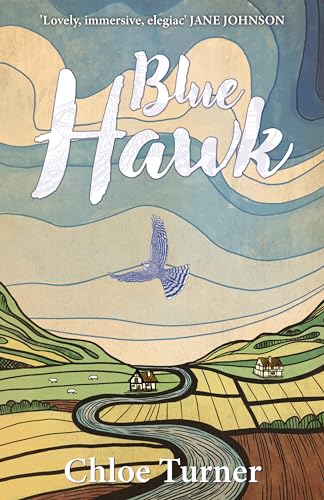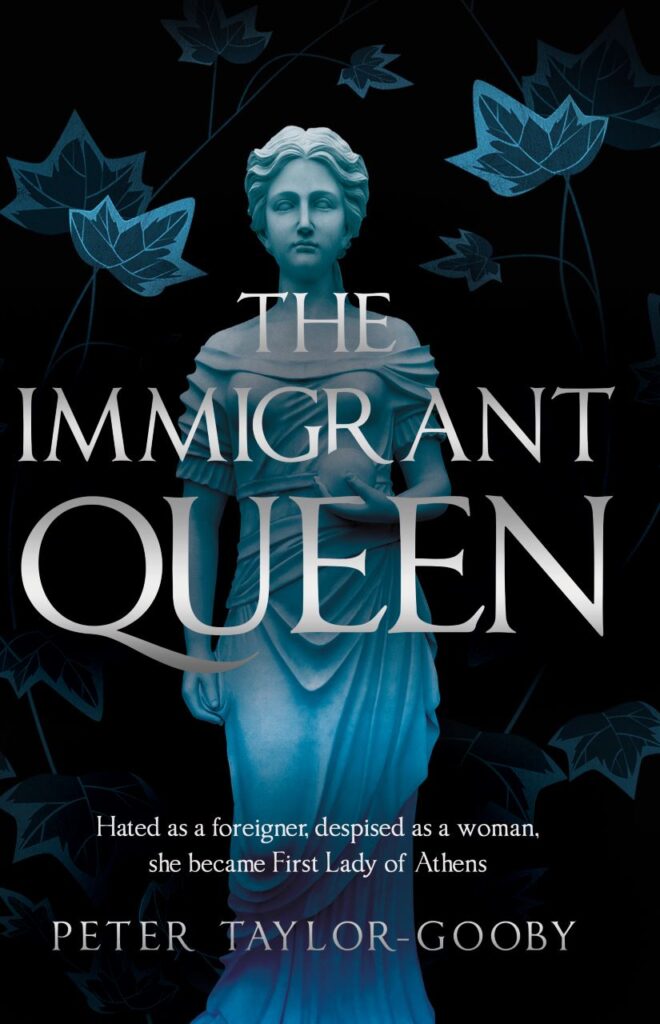Blue Hawk
Gloucestershire, 1663: when Joan’s father, a millworker with a taste for strong drink, uses an inheritance to set himself up in business as a clothier, the fortunes of his motherless family take a downturn. Joan, unusually, is literate and numerate, having been educated by the vicar. She also has a talent for dyeing wool, helped by the enigmatic widow Mrs Freme, of whom the community is suspicious; the shadow of an accusation of witchcraft hangs over her and later Joan, as women who do not conform to the subservience their community expects. Joan’s relationship with her sister Alice is an uneasy one and the most gripping telling of sibling rivalry I have read in some time. Alice is jealous of both Joan’s budding relationship with Daniel and of her emerging prowess as a clothier.
But Joan is a victim of her times: only when the family is faced with destitution does her father allow her to manage their affairs, though she is only in her teens. Daniel is initially dismissive of Joan’s ambitions, and later baffled by them. When Daniel’s father is hounded from his home for his non-conformism, his son takes the king’s shilling to defend Catherine of Braganza’s dowry of Tangier. Joan is only free, it seems, to pursue the dreams when the man she loves and misses is absent.
Turner has written a compelling portrait of a close-knit rural community of millers, weavers and dyers on the cusp of industrial change. Her research is impeccable and her prose beautiful, especially in the descriptions of dye plants. It would not surprise me to learn that she has practised traditional plant-based methods of dyeing wool, so convincingly does she describe them.










